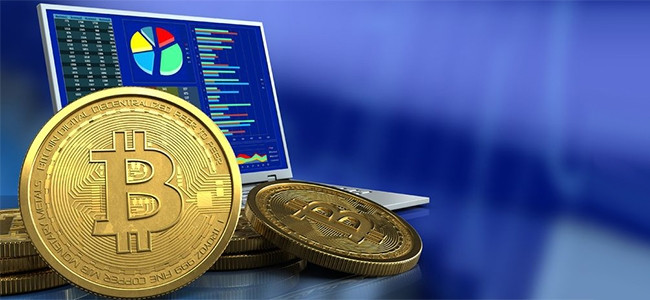
Although a single Bitcoin is selling at a hefty price of around R60 000, more South Africans are jostling to invest in the crypto-currency.
ITWeb interviewed several local players in the Bitcoin space who concur that since the Bitcoin split earlier this month, demand has been high in SA as in other parts of the world.
Farzam Ehsani, RMB blockchain lead, says the Bitcoin split came down to disagreements about how best to scale Bitcoin transactions.
"Before the split, only four to seven transactions per second were possible on the Bitcoin blockchain, which doesn't compare to the 1 000s of transactions per second on other financial networks," says Ehsani.
According to Ehsani, Bitcoin trading volumes in SA were about 25% higher in the two-week period after the split compared to the two-week period directly before the split.
"Bitcoin is attracting more attention in SA as it is around the world. As the price of Bitcoin goes up, more people pay attention to it. As more people pay attention to it, more people start appreciating its benefits and buying it; and as more people buy it, the price goes up, as supply is constrained. This cycle is also one of the reasons we have seen such meteoric price gains over the past couple of weeks, months and years," he says.
Supply and demand
Lorien Gamaroff, CEO Bankymoon.com, notes Bitcoin prices vary around the world. He explains this is due to supply and demand dynamics.
"Demand is high in South Africa and so Bitcoin trades at a premium. Price patterns are similar around the world since Bitcoin has a global market. Traders watch price movements on global exchanges and try and 'front-run' other traders. This means the price fluctuates similarly across exchanges," says Gamaroff.
He points out that Bitcoin is becoming increasingly popular in SA. "Africans are aware of fiat currency problems - the hyperinflation experienced in Zimbabwe is still fresh in their minds. Trading volumes on local exchanges are the highest on the continent. The demand is not being met because online exchanges are complicated and require bank accounts to use. This means most South Africans do not have access and cannot purchase Bitcoin easily."
Charles Pittaway, MD of Sage Pay, is of the view that with the weakening rand, Bitcoin and other crypto-currencies present attractive alternative investment options for South Africans.
According to Pittaway, there are four segments of Bitcoin users in SA. The first category are investors, who purchase crypto-currency as an investment and simply wait for market forces to increase the value - as seen recently with the Bitcoin run.
He adds the second group are traders, who actively trade crypto-currency with other altcoins, of which there are now more than 600 on exchanges around the world.
Third are miners, who are generally companies with massive computing power to process the complicated algorithms that validate transactions and earn crypto in return for doing it, says Pittaway. Finally, is the consumer segment that uses crypto-currencies to purchase goods, services and trade with other parties.
"South Africans are also becoming more and more comfortable with transacting online and I imagine Bitcoin and crypto-currency transactions will have a similar uptake pattern. Bitcoin is an ideal platform for e-commerce - the more people who use it and the more merchants who accept it, the more popular it will become."
Trust issues
He points out that in SA, Bitcoin is popular among hobbyists and the tech-minded who understand how it works and its value. However, he notes there is still a trust issue in the country but that's mainly because consumers don't fully understand it or how it works.
"But when the benefits - like no transaction fees, no risk of fraud, and the ability to trade in any country - are properly communicated, and consumers become more comfortable with the concept, I believe we will see a rise in popularity.
"One exchange founder estimates there are about 100 000 people trading in Bitcoin in South Africa but interest is certainly growing as the value of Bitcoin continues to rise. As we've seen with other technologies, the more people who use Bitcoin - both locally and globally - the more demand and interest will increase."
Meanwhile, Ehsani believes education and a clear regulatory framework are some of the biggest impediments facing Bitcoin adoption in SA.
"There is still a lot of misinformation about what Bitcoin and crypto-currencies are, which retards progress in the adoption of this new asset class. From a regulatory perspective, places like Japan have declared Bitcoin to be a legal payment mechanism and this clarity has allowed innovation to sky-rocket in the country. Many countries around the world are still waiting for such clarity," Ehsani notes.
For Gamaroff, the biggest challenge is accessibility. "Most people do not understand online exchanges. However, new products are entering the market, which allow people to purchase Bitcoin easily."
Share